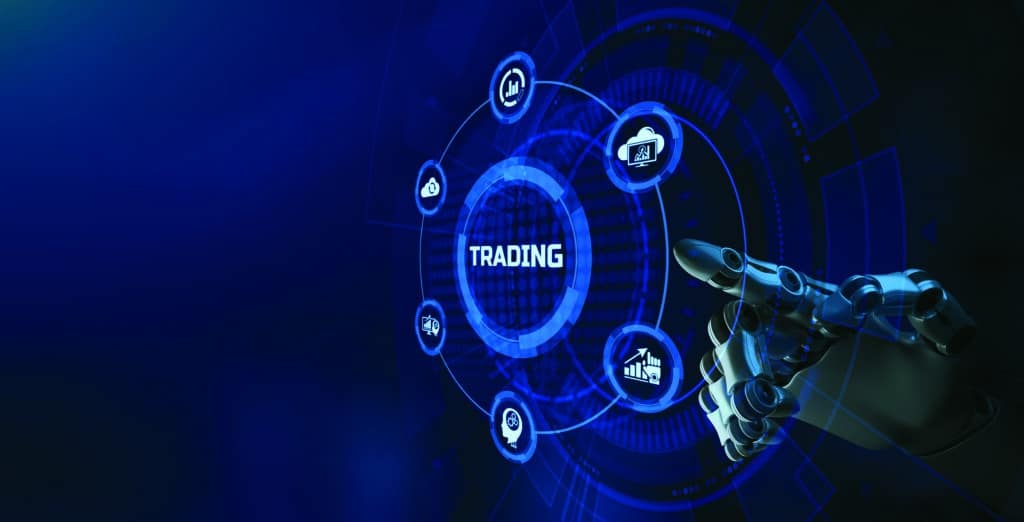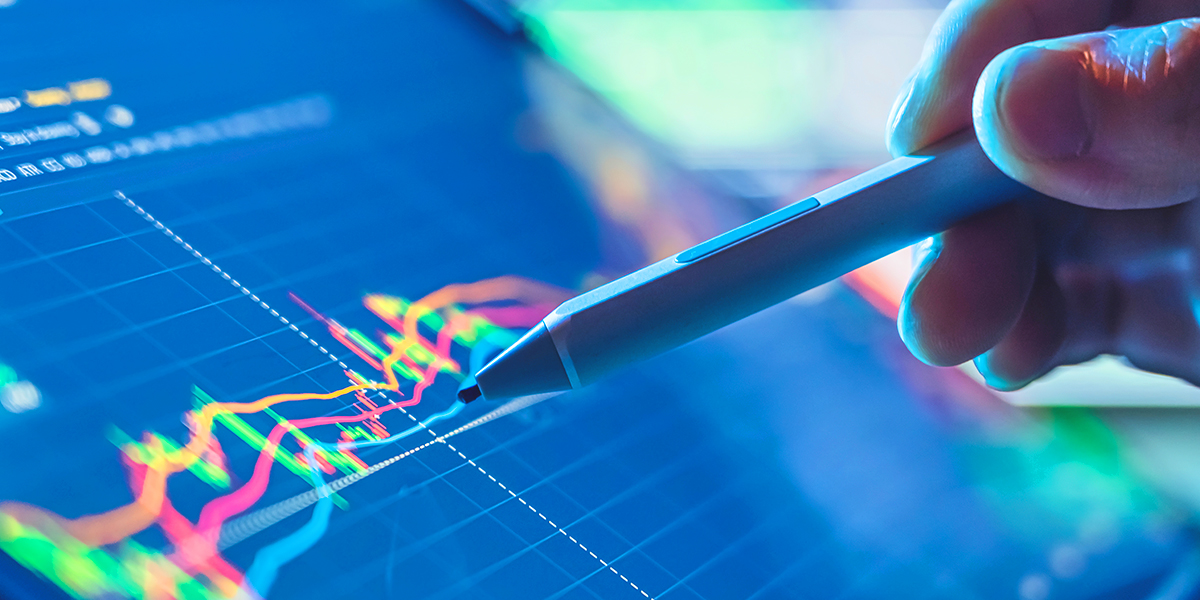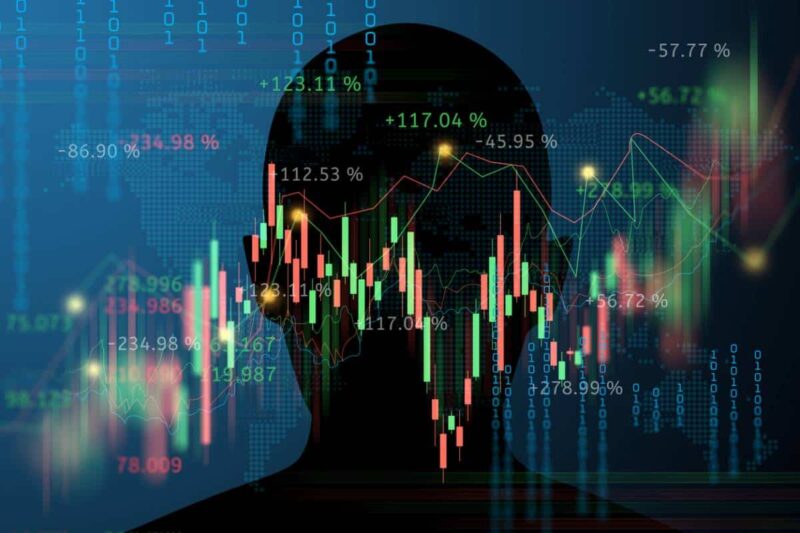In the fast-evolving landscape of finance, automated trading has emerged as a hot topic of discussion, igniting debates among investors and traders alike. This technology, which leverages algorithms to execute trades at lightning speed, promises to revolutionize the way we approach the markets.
But is it truly a game changer, poised to reshape the future of trading, or merely a passing trend, destined to fade away as quickly as it arrived? With proponents touting its potential for increased efficiency, reduced emotional bias, and access to market opportunities that human traders might miss, the allure of automated systems is undeniable. Yet, skeptics raise valid concerns about over-reliance on technology and the challenges it may introduce.
Delving into this intriguing dichotomy, we seek to uncover whether automated trading represents a fundamental shift in trading paradigms or simply a fleeting fascination in the ever-competitive world of finance.
The Evolution of Trading: A Brief History of Automation
What is Automated Trading? Key Concepts and Technologies

Automated trading, often termed algorithmic trading, refers to the use of computer programs and software to execute trades based on predetermined criteria. These criteria can range from simple price movements to intricate statistical models, all designed to identify optimal trading opportunities within milliseconds.
At its core, automated trading harnesses advanced technologies, such as artificial intelligence and machine learning, enabling traders to react to market fluctuations faster than any human could. It eliminates emotional biases, relying instead on rigorous data analysis and quantitative strategies.
However, while the idea of letting algorithms make trading decisions sounds appealing, the underlying mechanisms involve a labyrinth of risk management, backtesting, and real-time monitoring that can be both exhilarating and daunting. As the financial markets continuously evolve, so too does the landscape of automated trading, challenging traditional methods and inviting a wave of questions: Is this the dawn of a new trading era, or merely a fleeting trend in the vast ocean of finance?
The Benefits of Automated Trading: Efficiency and Speed

Automated trading systems bring a revolutionary shift to the financial landscape, offering unparalleled efficiency and speed that human traders simply can’t match. By utilizing advanced algorithms that analyze market data in real-time, these systems can execute trades within milliseconds, seizing fleeting opportunities that would otherwise go unnoticed. Imagine a world where trades are triggered not by gut feelings or human emotions, but by precise calculations and meticulously defined strategies.
This level of precision not only enhances profitability but also minimizes the risks associated with emotional decision-making. Moreover, the ability to backtest strategies using historical data allows traders to refine their approaches without risking capital in live markets—an invaluable advantage.
In an ever-evolving market environment where milliseconds can make the difference between profit and loss, automated trading stands out as a powerful tool to stay ahead of the curve.
Conclusion

In conclusion, automated trading stands at the crossroads of innovation and skepticism within the financial landscape. As technology continues to evolve, the advantages of efficiency and speed offered by automated systems cannot be ignored.
For many traders, especially beginners, trying auto trading can provide a valuable entry point into the complexities of the market without the emotional burden that often accompanies manual trading. However, it is essential to approach this tool with caution and a solid understanding of its mechanisms and potential pitfalls.
Ultimately, whether automated trading emerges as a game changer or simply a passing trend will depend on how effectively traders adapt it to their strategies and the evolving market dynamics.


